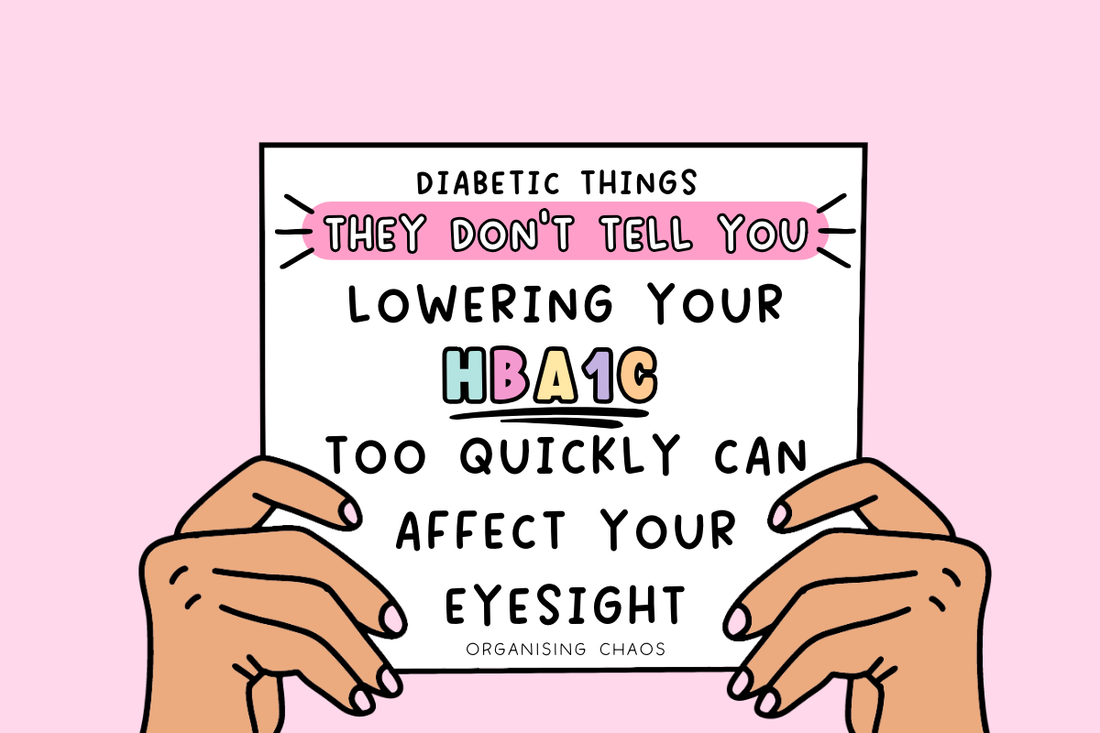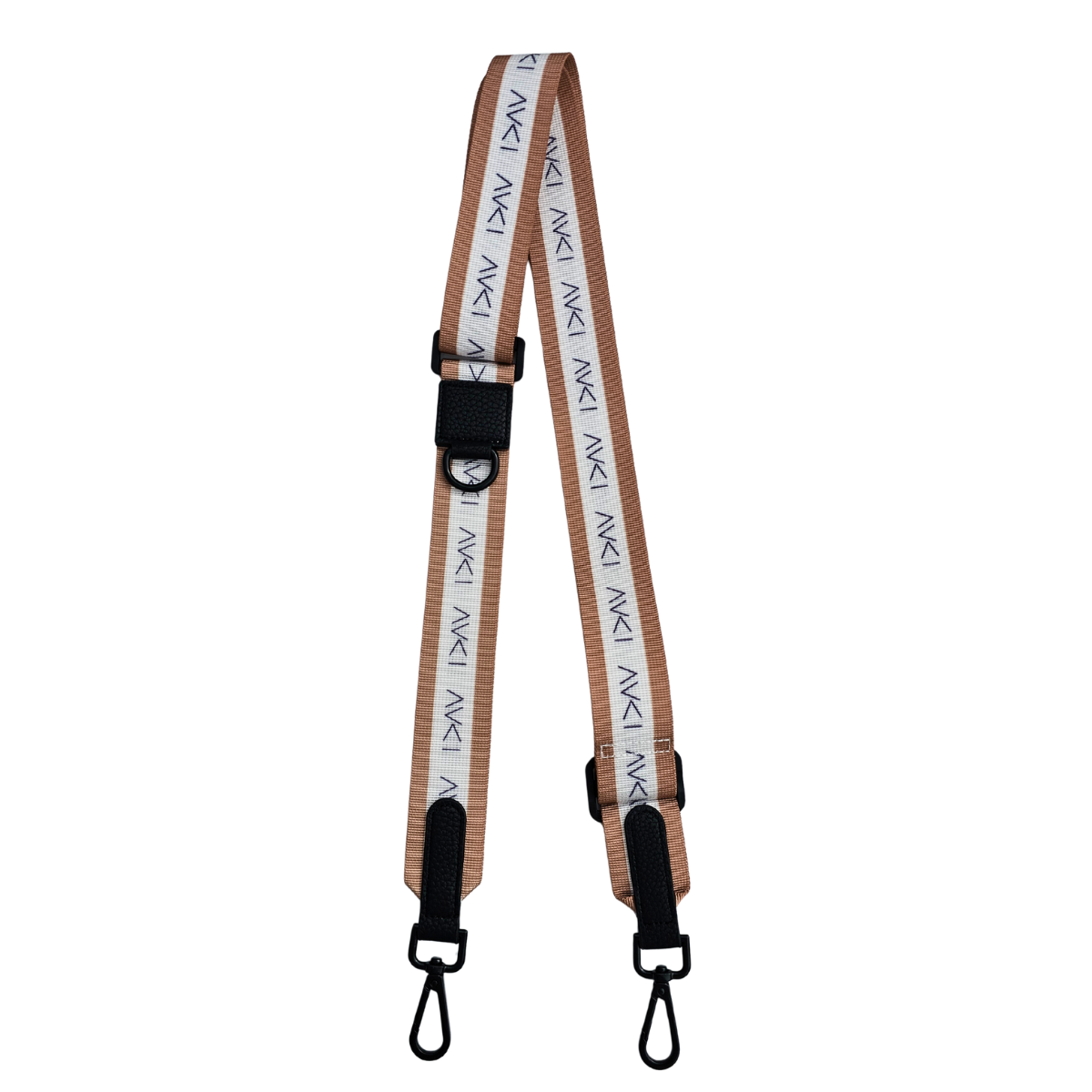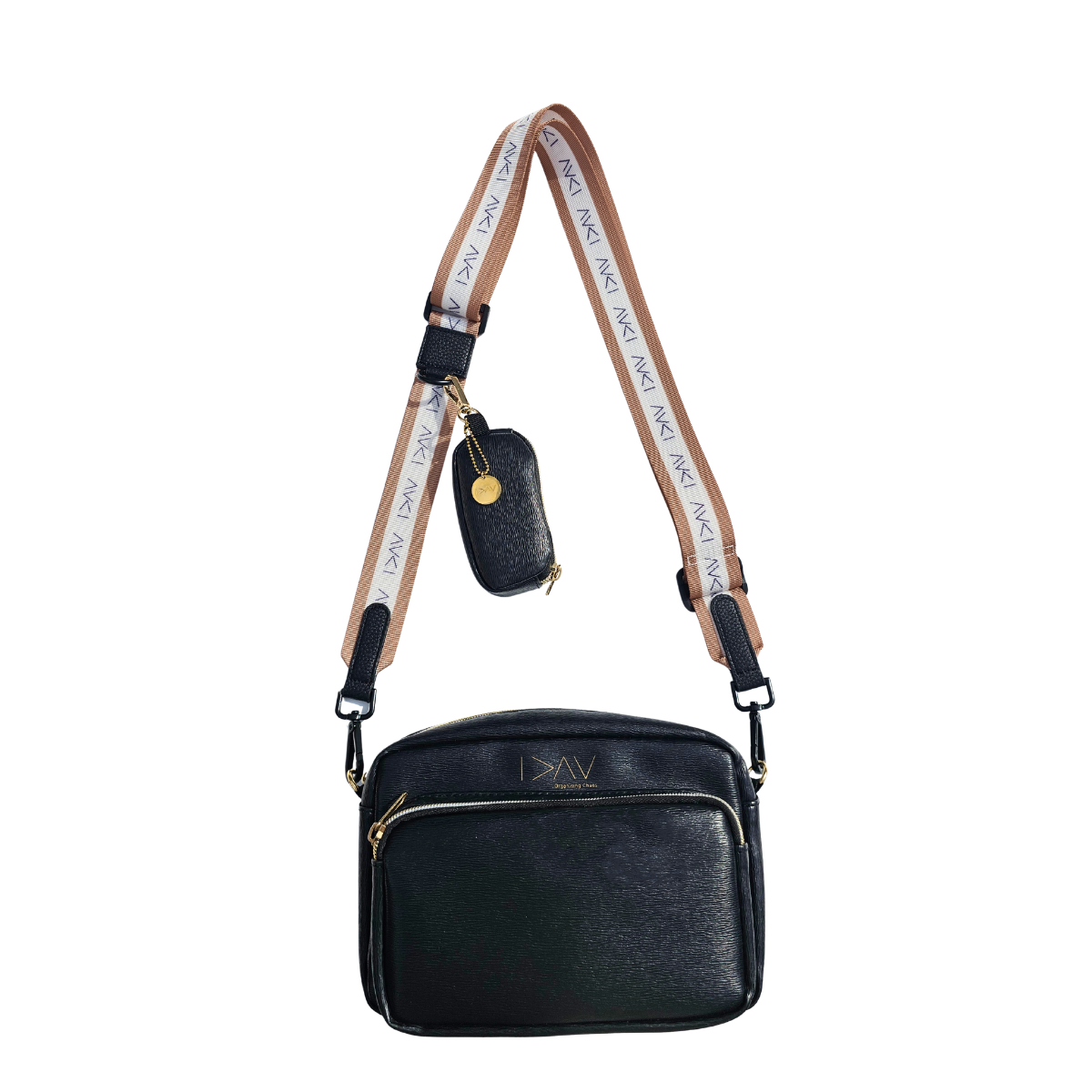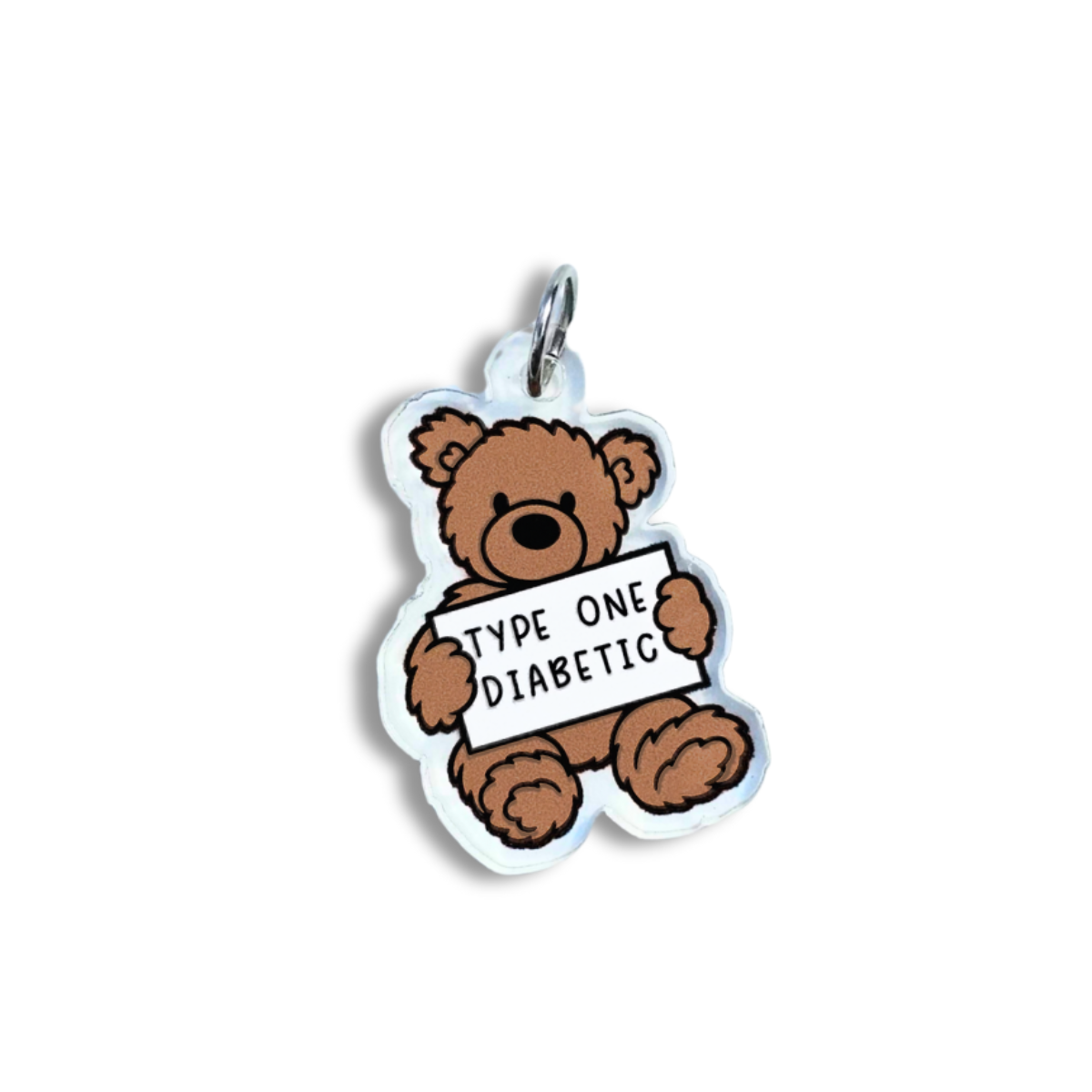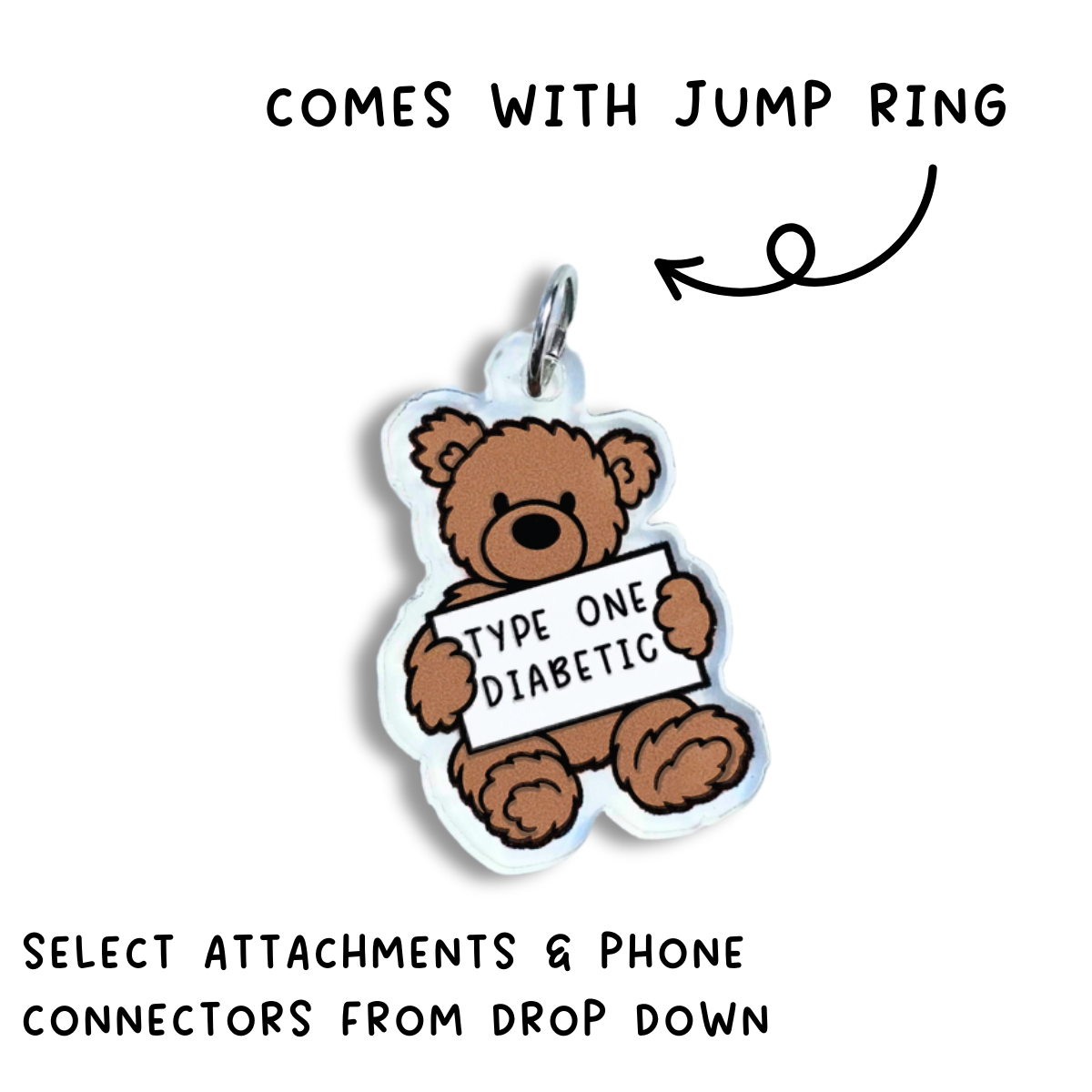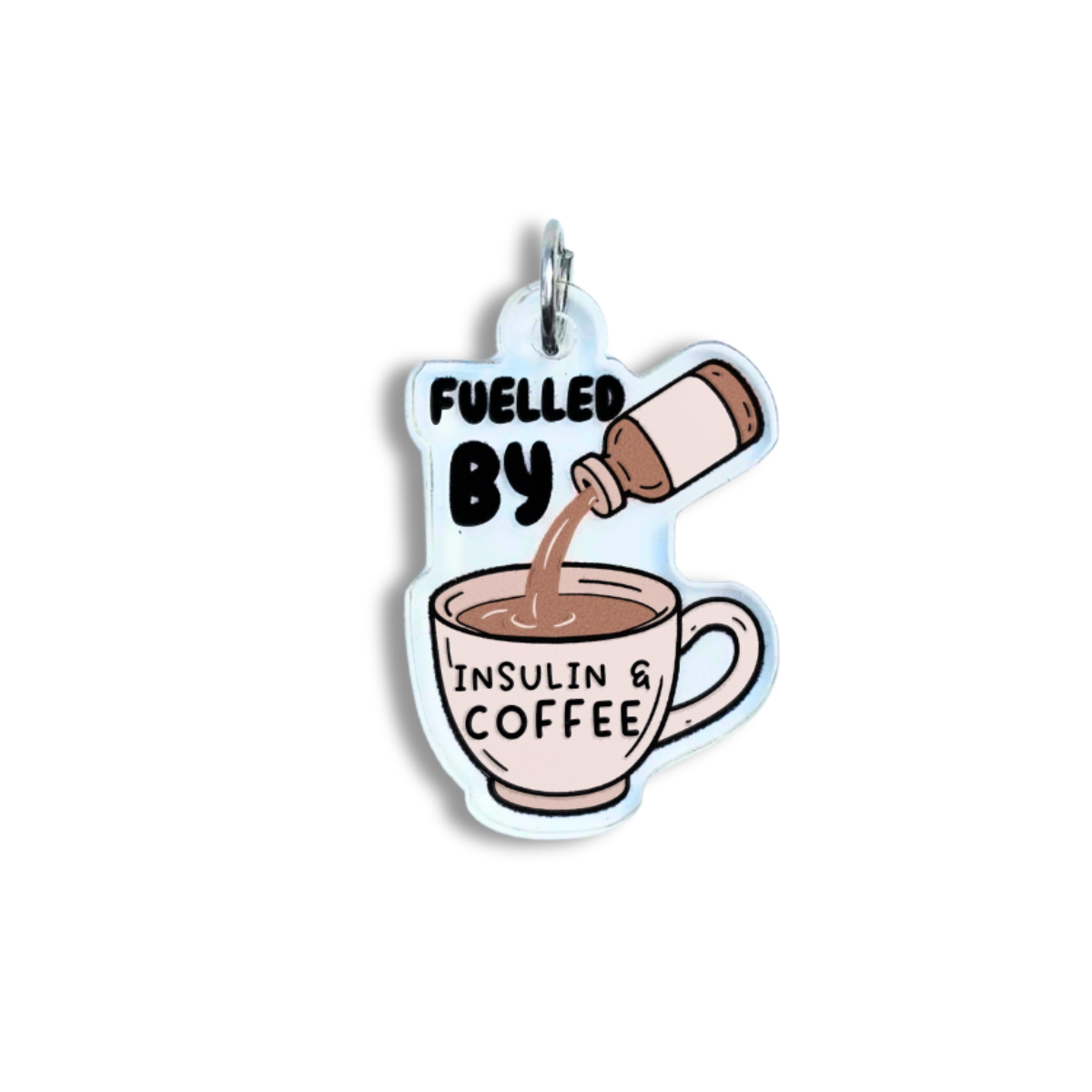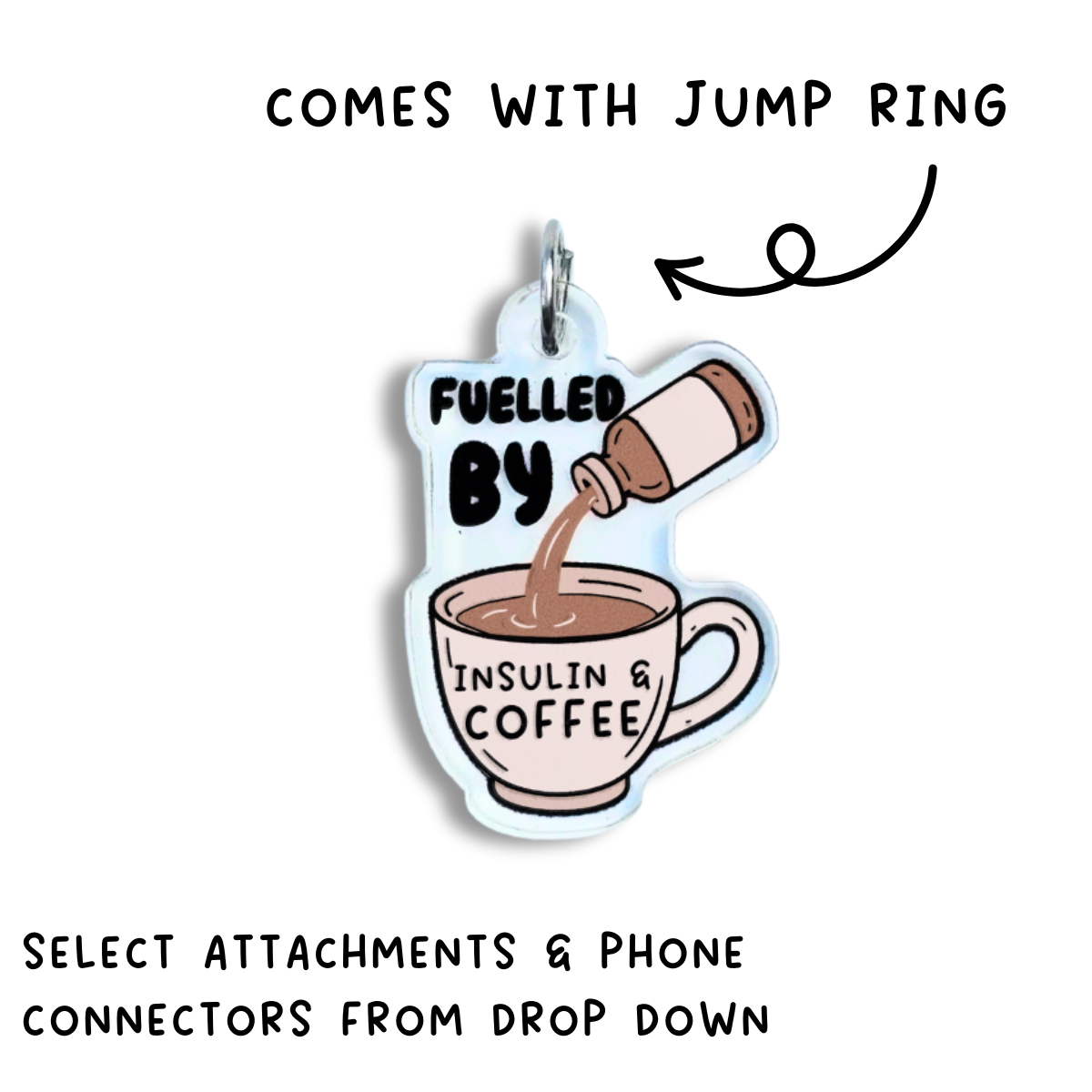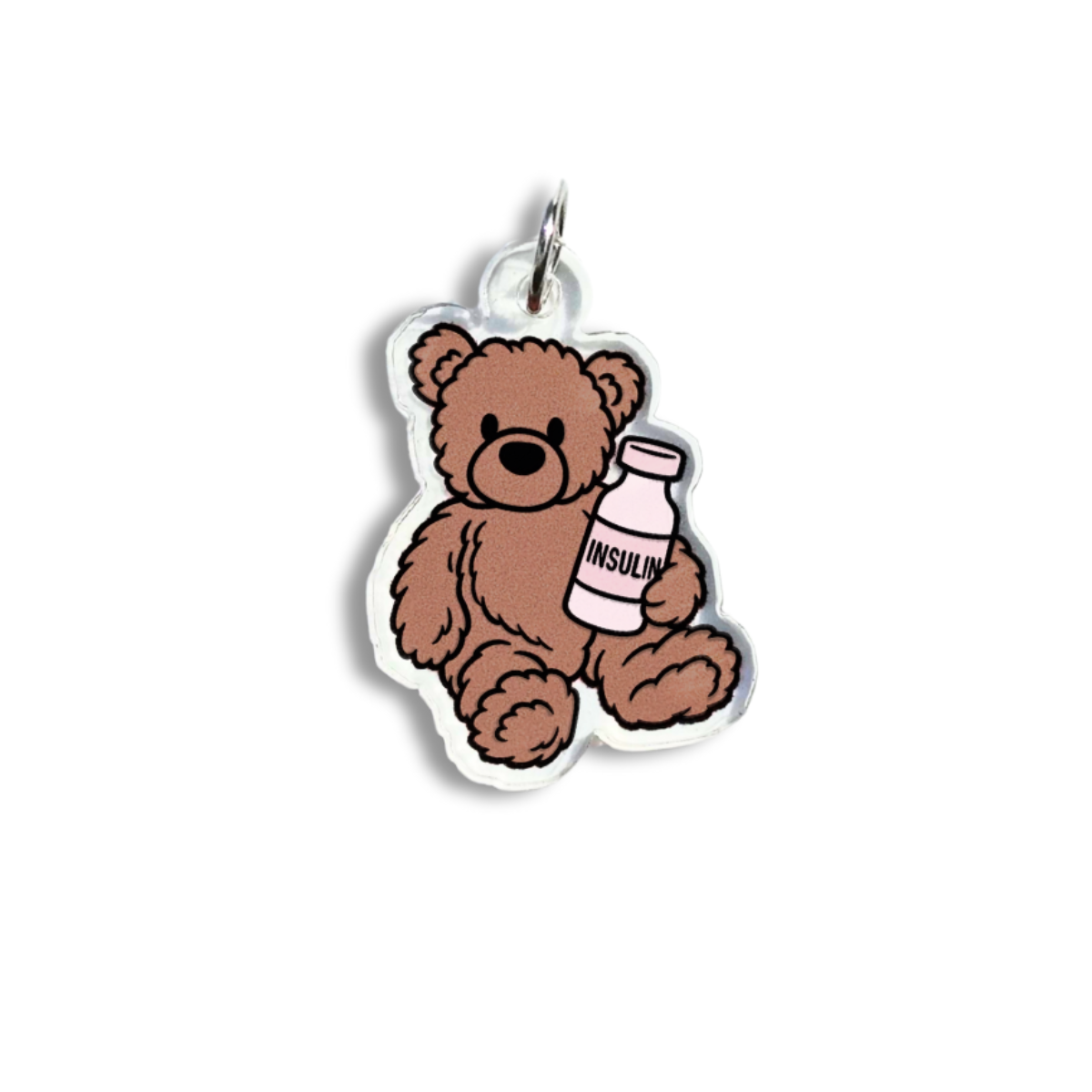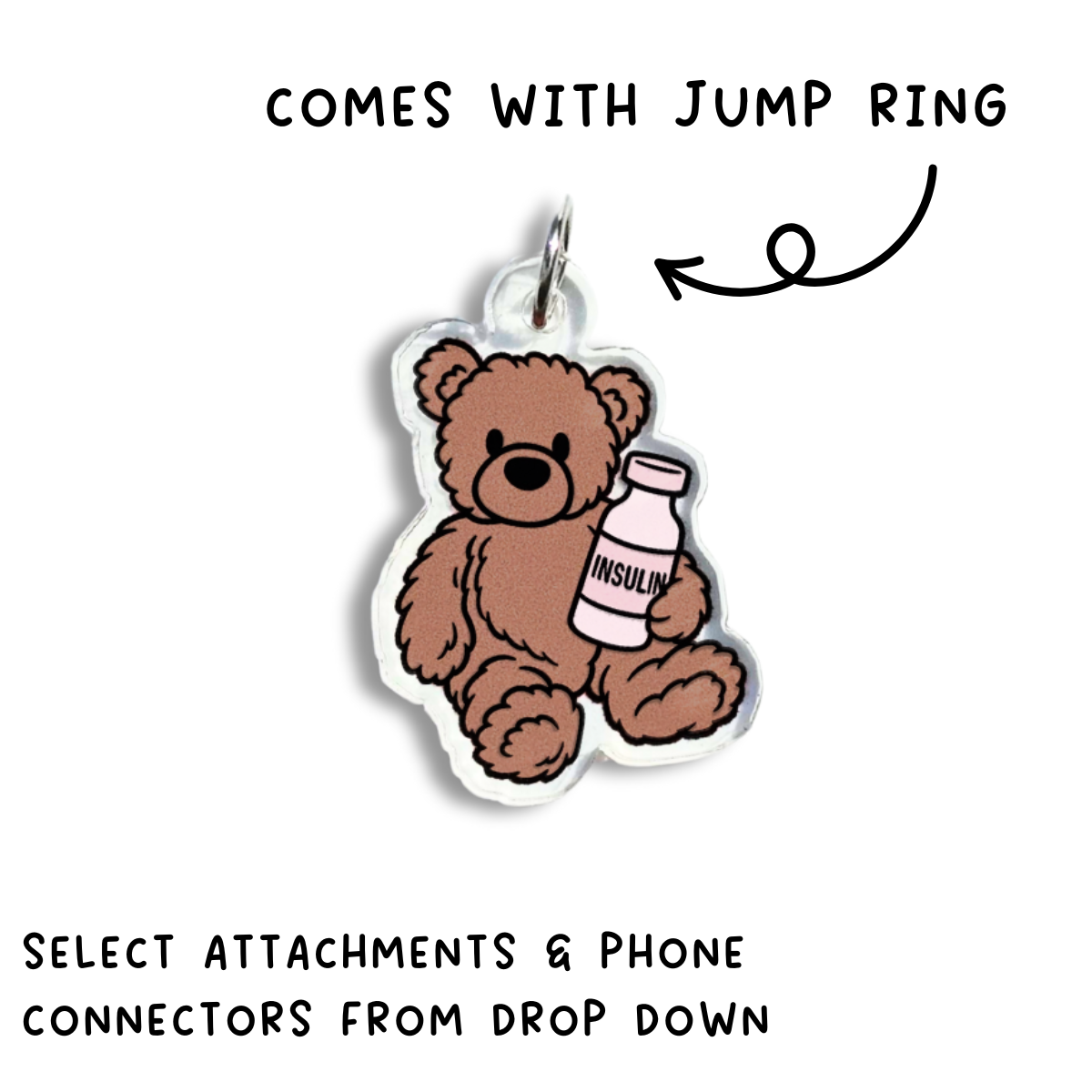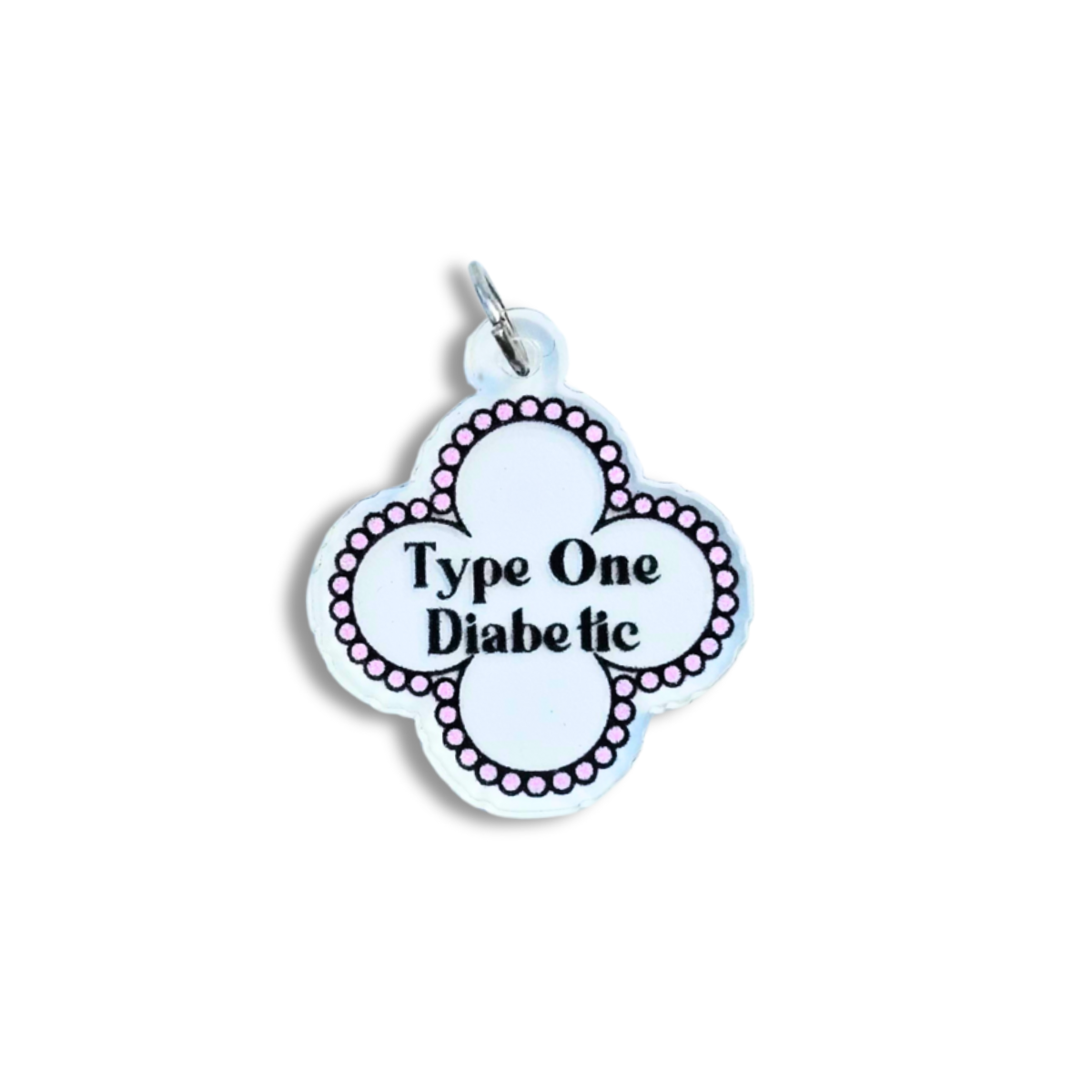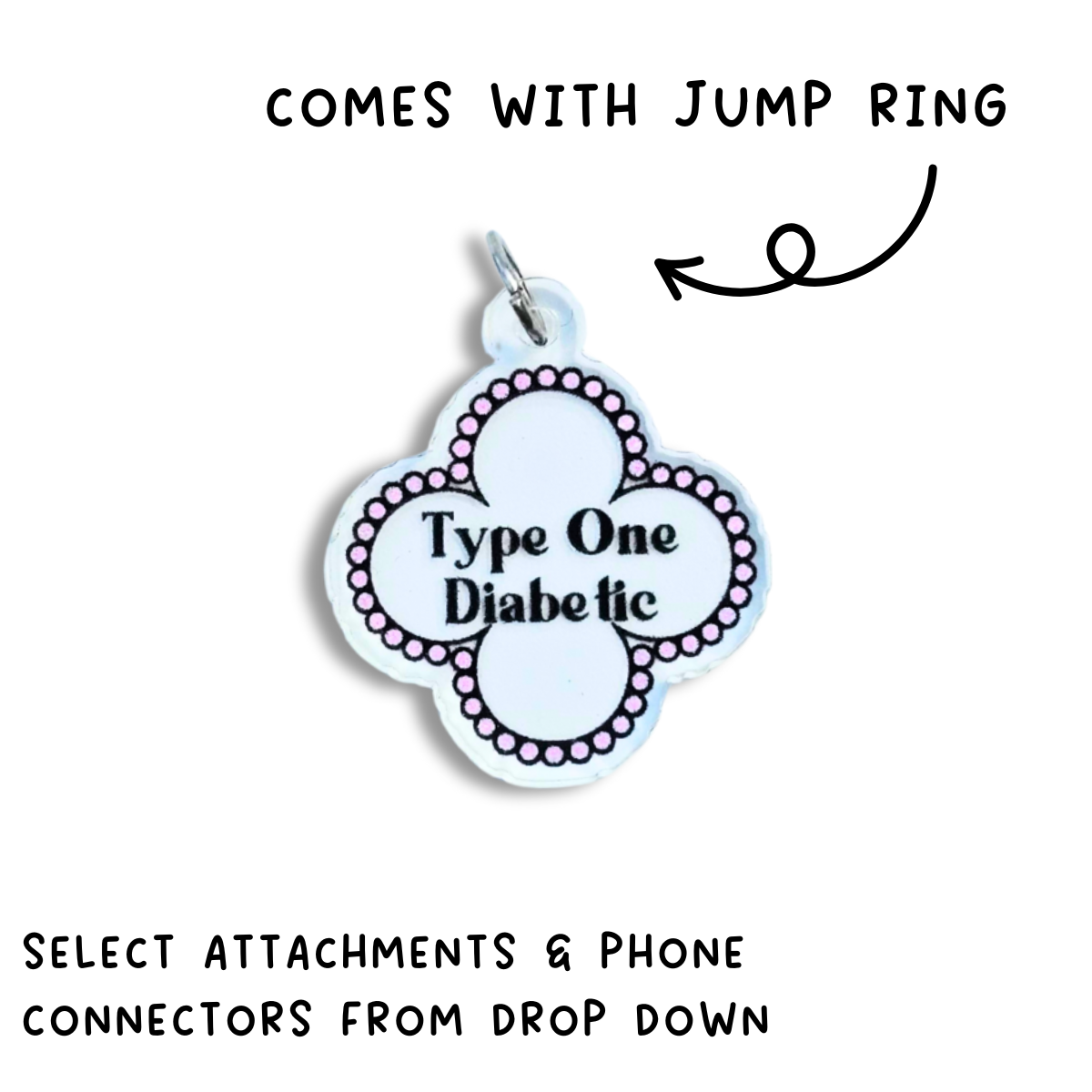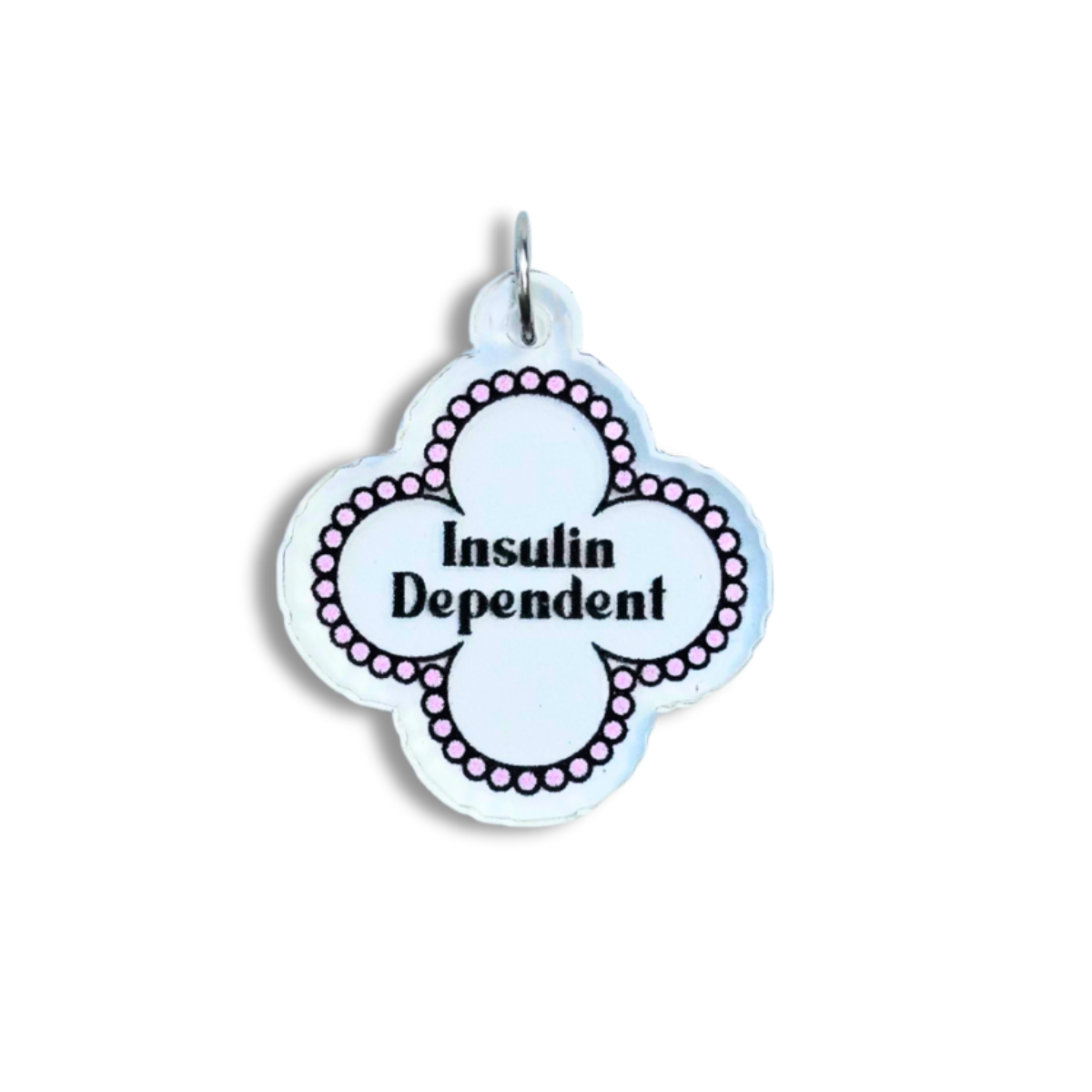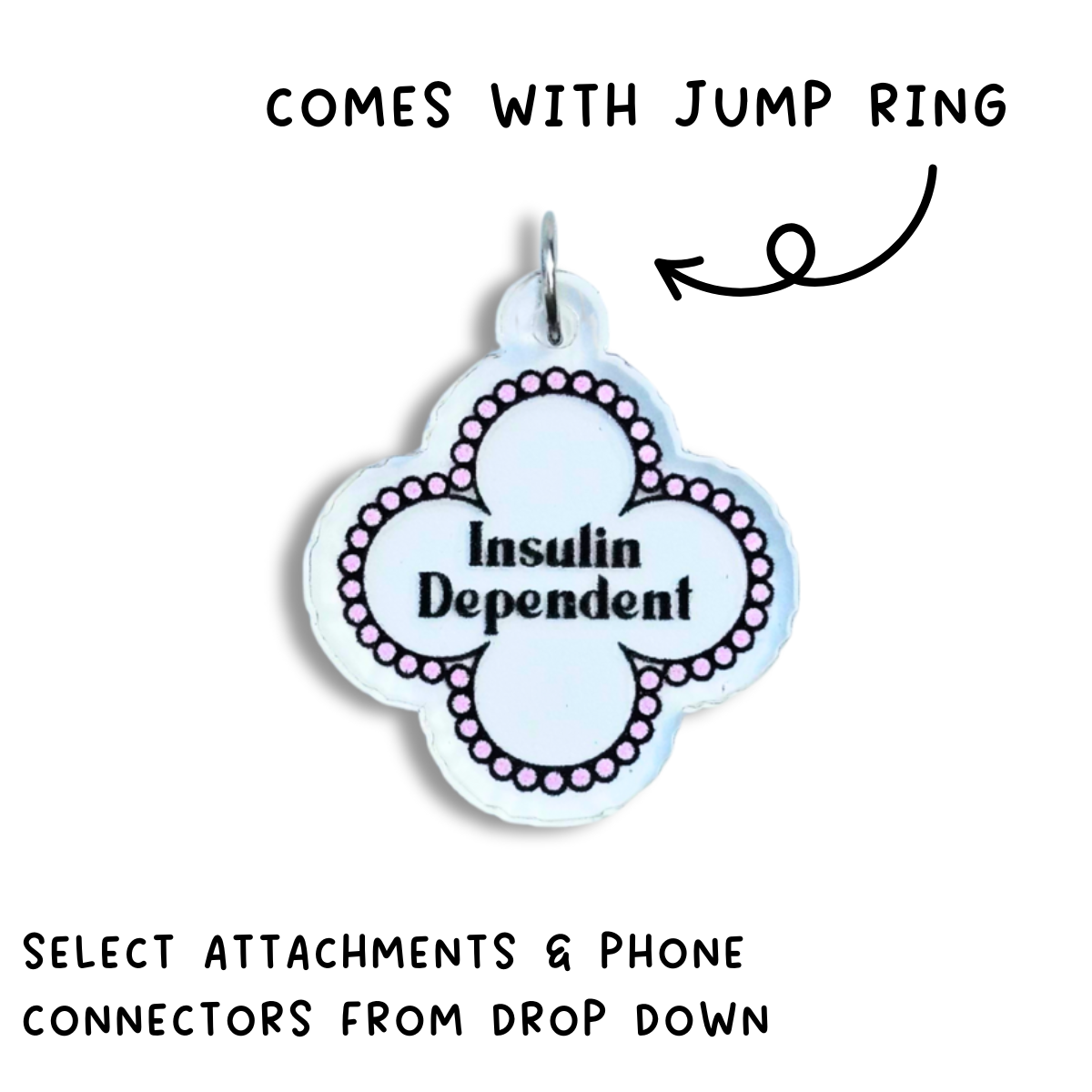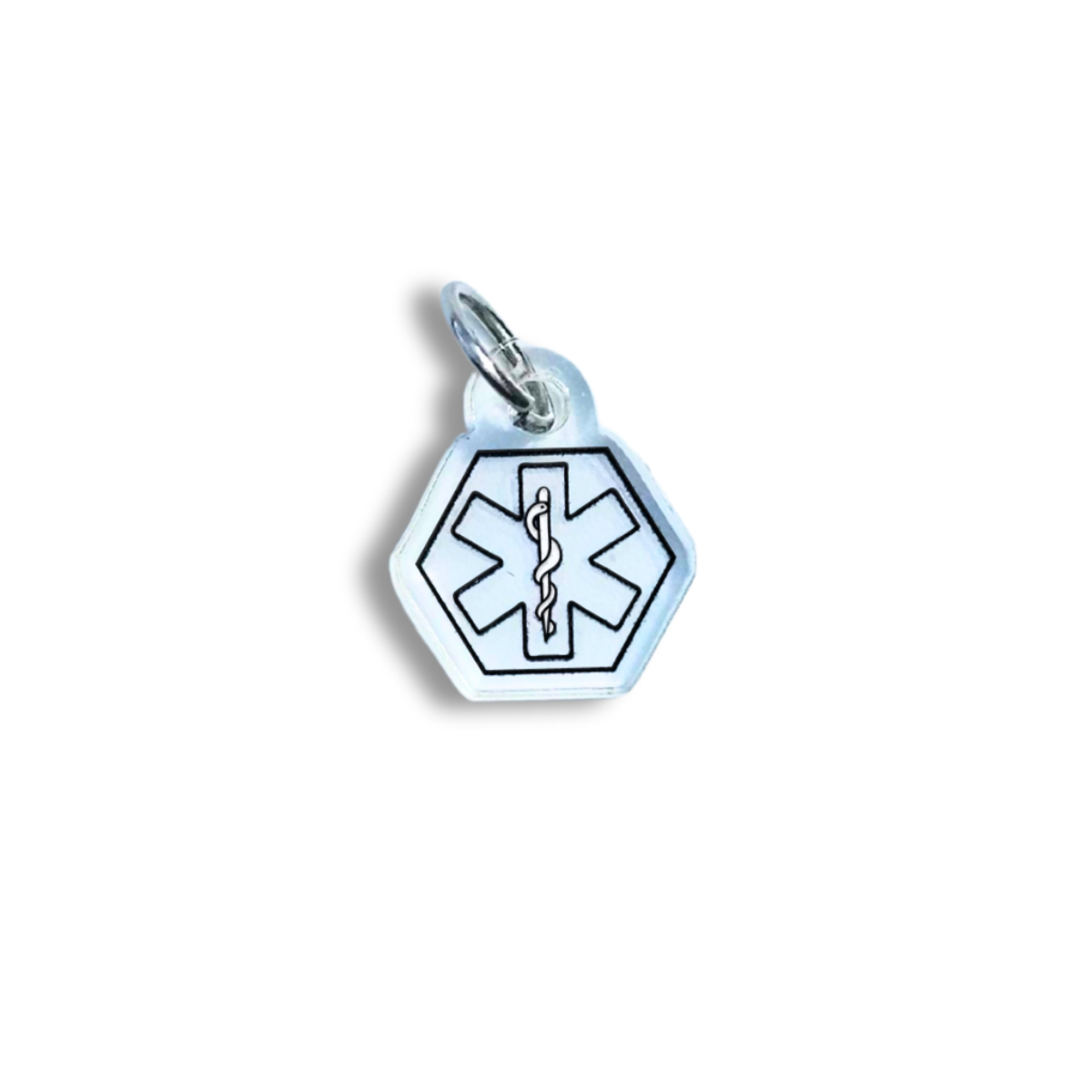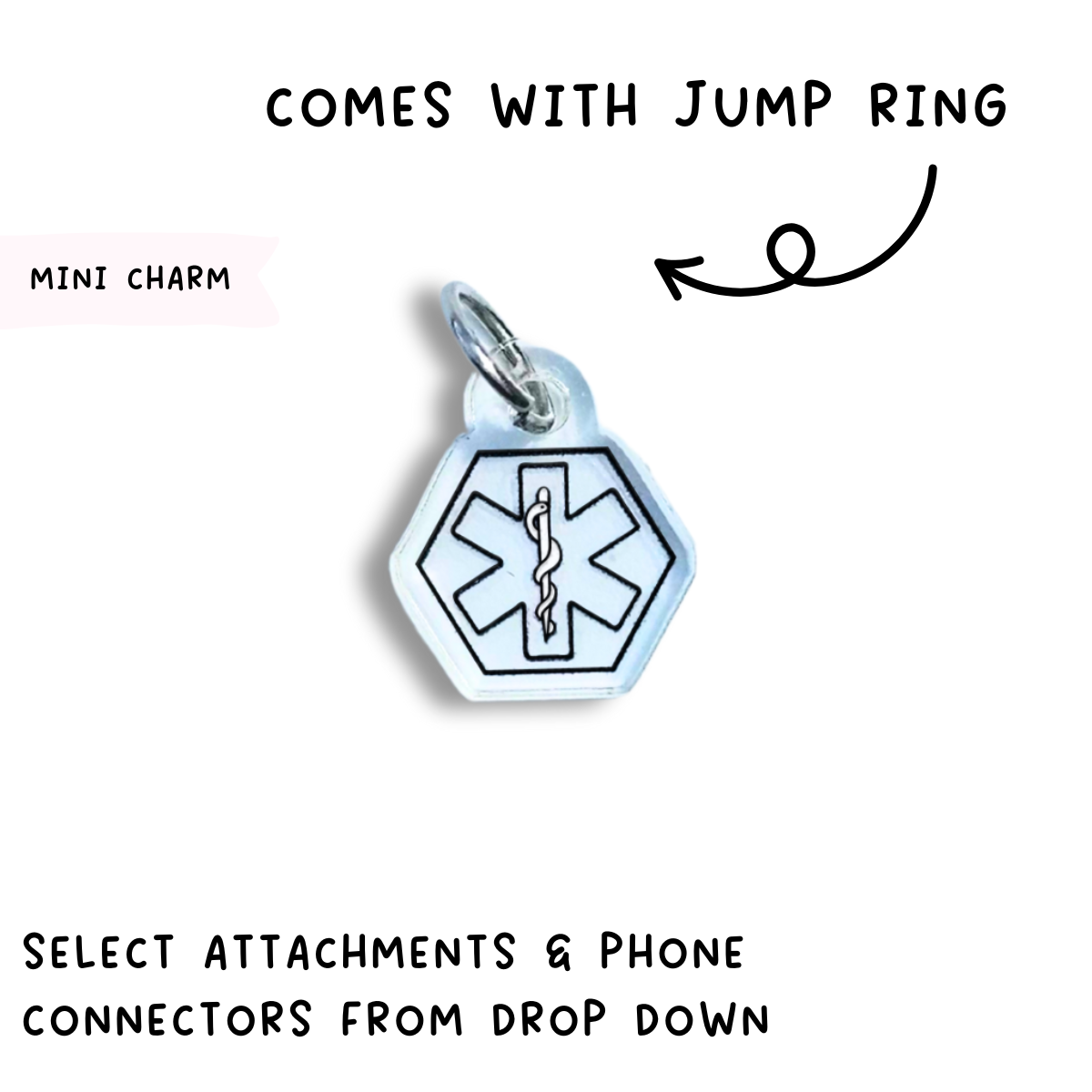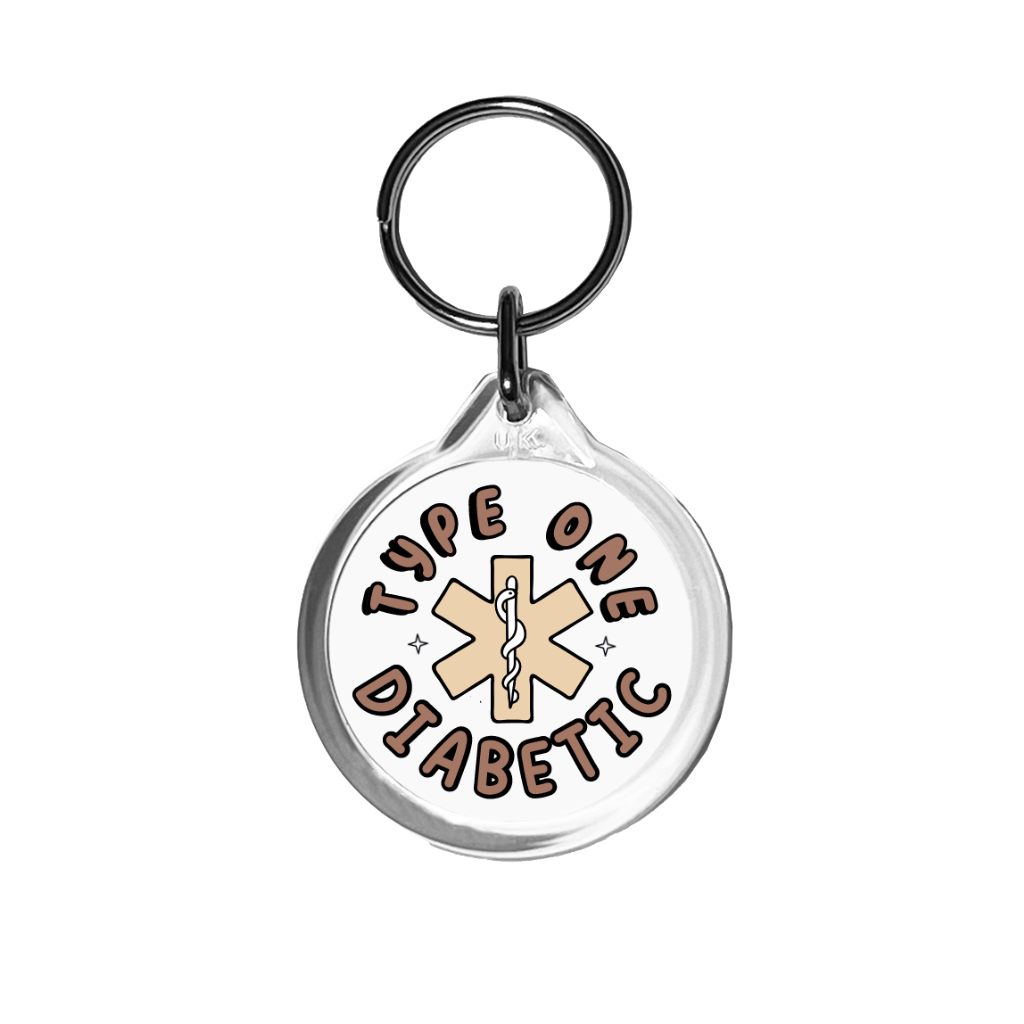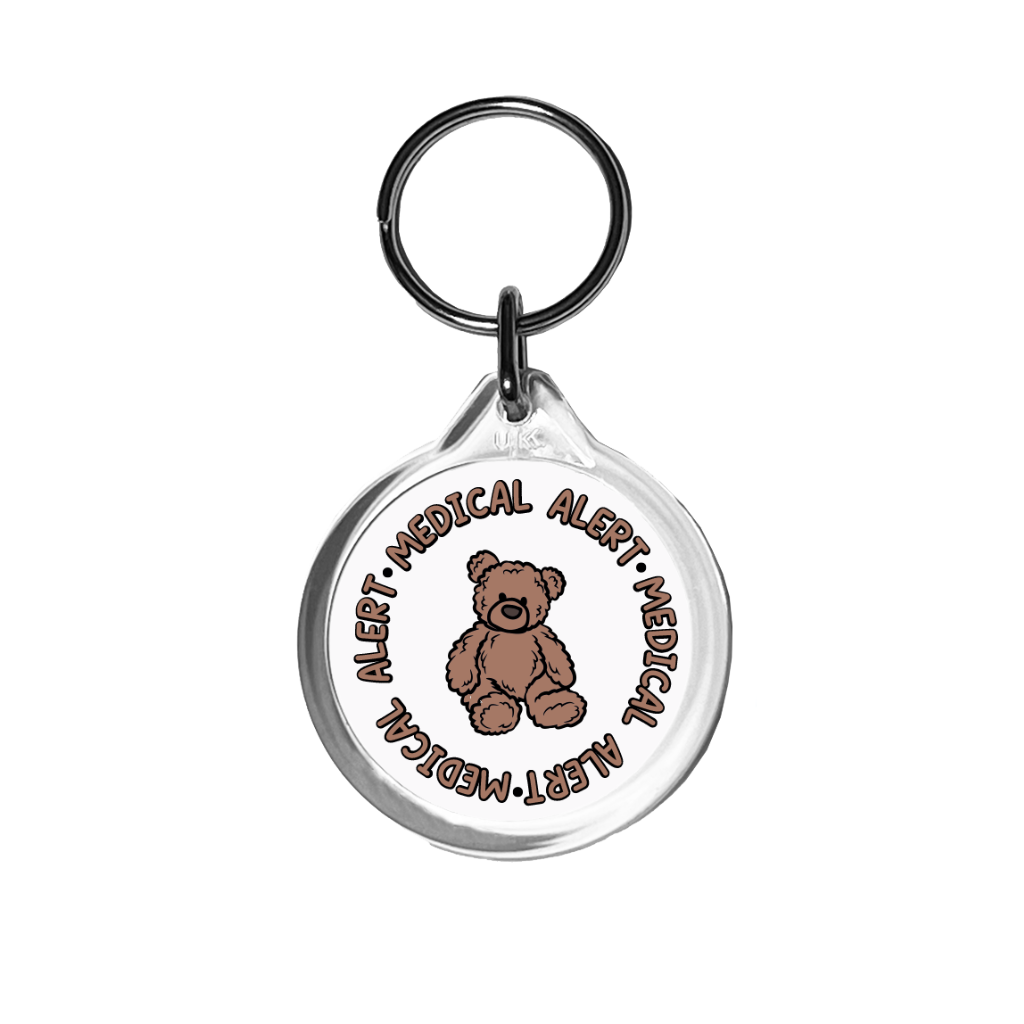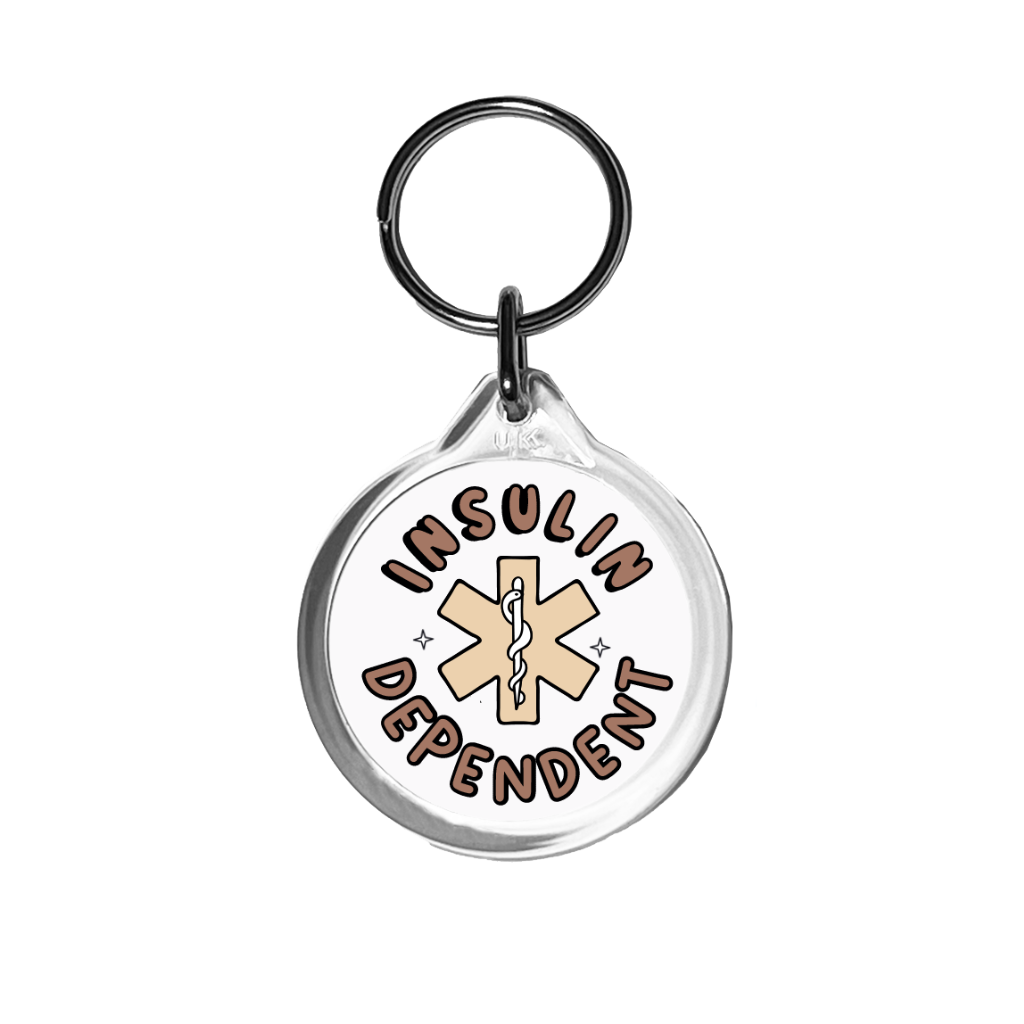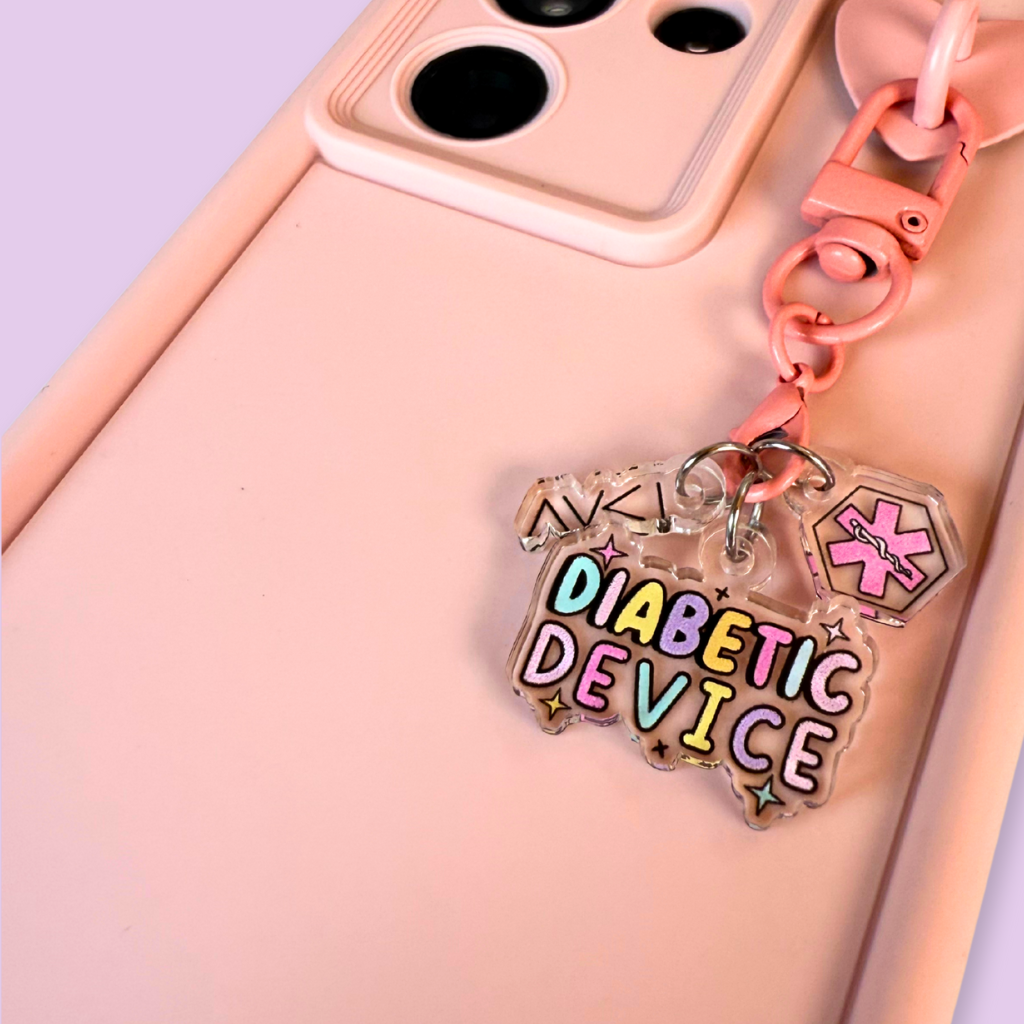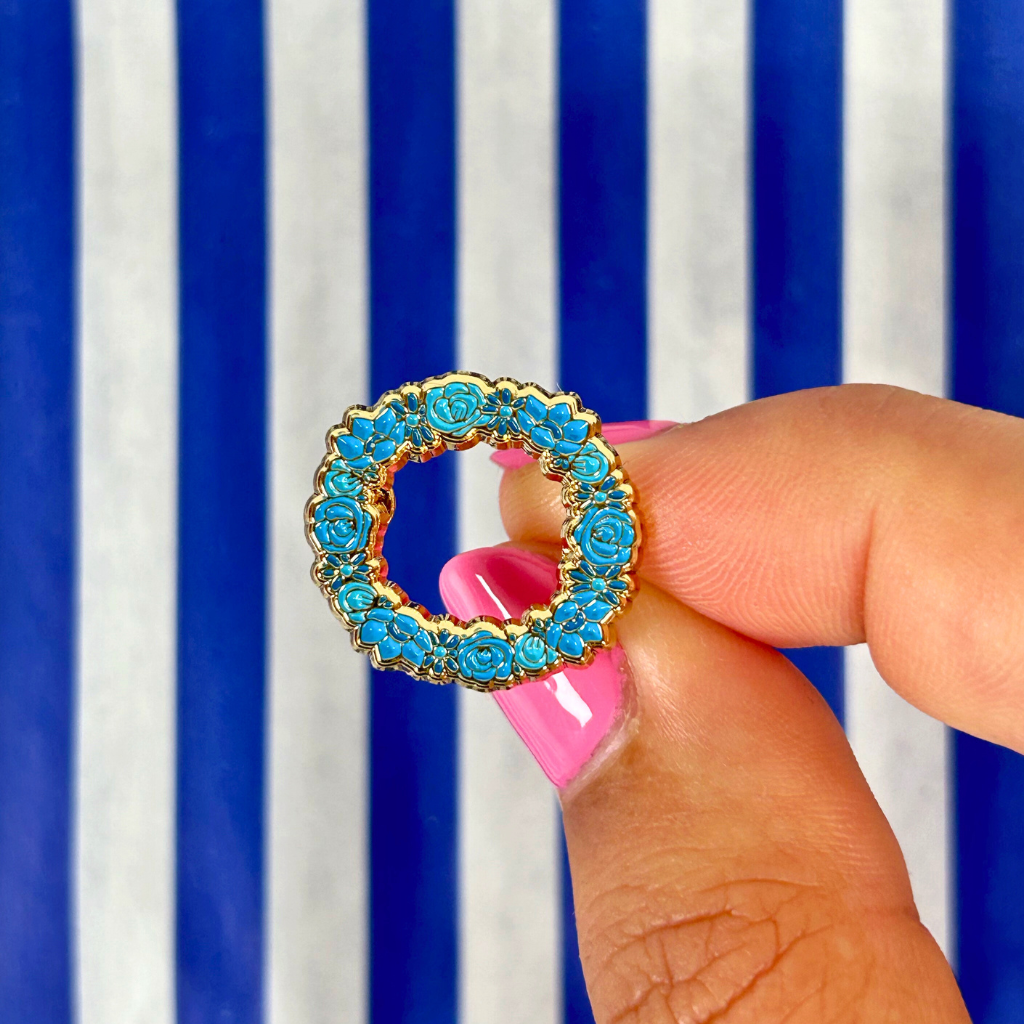The other day I went to my diabetic eye screening and I’ll be honest, I still get a bit nervous. It’s one of those appointments that feels routine on the surface, but for me it carries a bit more emotion.
A few years ago, I found myself needing laser treatment in both eyes for diabetic retinopathy. It wasn’t something I ever thought would happen to me. Yes, I’d neglected my diabetes for years (something I’m always honest about), but when I started taking my health seriously again, I thought I was doing everything right so there would be no impact on my eyes.
What I didn’t realise, and what no one warned me about, was that bringing my HbA1c down too quickly, after years of running high, could cause its own problems.
But that’s exactly what happened.
The rapid drop in my HbA1c, coupled with years of damage quietly building in the background, put too much stress on my eyes. I started noticing changes to my vision and before I knew it, I was being told I had developed diabetic retinopathy and would need laser treatment in both eyes.
It was terrifying. It felt overwhelming. And the worst part was I wasn’t warned this could happen.
Healthcare professionals often focus so much on getting your diabetes “under control” that they forget to tell you that dropping your HbA1c too fast can also be dangerous. I learned that the hard way and I know I’m not alone. So many other diabuddies in our community have messaged me to say they went through the exact same thing.
I’ll be honest, the laser treatment wasn’t easy for me. I found it incredibly painful (which I know isn’t the case for everyone, but it’s my reality). And ever since then, I’ve felt so anxious going for my eye screenings especially when it comes to the dreaded dilating drops (seriously, I hate anything going near my eyes now).
But I show up. Every time.
Because diabetic eye disease doesn’t always come with warning signs. It can creep up silently. And these appointments as awkward, uncomfortable, and long as they are give me peace of mind.
If you’ve never been for an eye screening before (or you’ve been putting it off), here’s what to expect:
→ An eye test
→ Dilating drops (these sting a little and make your vision blurry for a few hours)
→ Photos of the back of your eyes
→ A consultation where someone will look at your eyes and go through the results with you
It usually takes over an hour from start to finish, so bring snacks, wear sunglasses (the drops will make you sensitive to light), and headphones because you can't see very well (damn drops) and maybe treat yourself to a coffee after. You’ve earned it. You also can't drive after so take public transport or get a taxi or lift.
And if I could give you one piece of advice from my own journey: Take things slow.
Getting your HbA1c down is important of course it is. But making small, sustainable changes will always serve you better than rapid, drastic shifts. Your body needs time to adjust.
Diabetes management is a marathon, not a sprint. Look after your eyes, future you will be so grateful you did.

